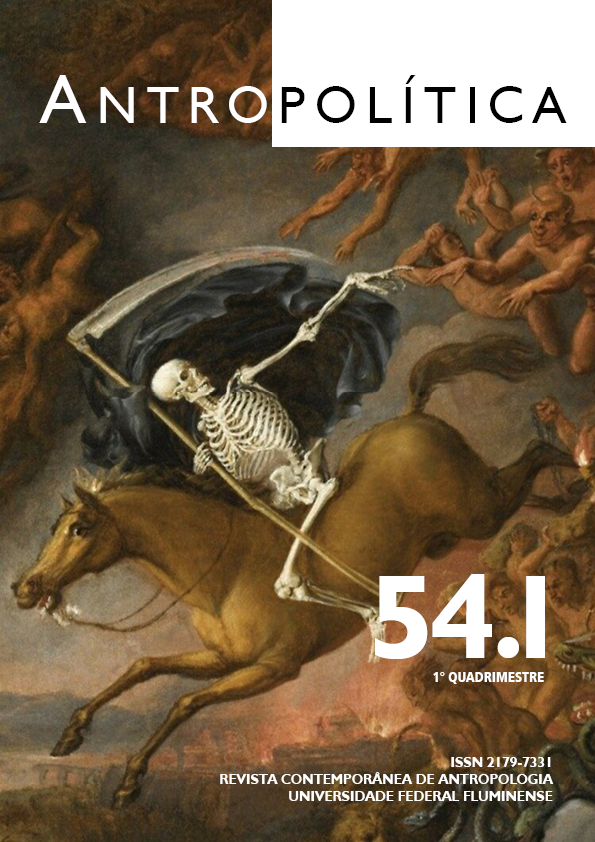Precificando a dignidade humana no tribunal: os planos de saúde e as indenizações por danos morais
DOI:
https://doi.org/10.22409/antropolitica2022.i1.a49676Keywords:
moral economy, health insurance, SUS, ethnography, dignity, healthcare, moral damage, inequalitiesAbstract
Clients sue health insurance companies for refusing to authorize a treatment or for fraud. They successfully claim that companies violate their human dignity and therefore must pay for causing moral damages (danos morais). Moral damage claims are not made against the state, which is responsible for the Sistema Único de Saúde (SUS). This means that the courts establish that suffering and human dignity mean one thing when related to a company, and another thing when related to the state. I argue that financial compensation for suffering and violations of dignity are part of a regime of value. This regime shapes the commensurability of dignity and money and is anchored in personal narratives as well as legal procedures and prevailing ideologies regarding state and market. Thus, patients, who are also consumers, are empowered with a human dignity that has both moral and monetary value
Downloads
Published
How to Cite
Issue
Section
License
Copyright (c) 2022 Erik Bähre

This work is licensed under a Creative Commons Attribution 4.0 International License.
O conteúdo da revista Antropolítica, em sua totalidade, está licenciado sob uma Licença Creative Commons de atribuição CC-BY (http://creativecommons.org/licenses/by/4.0/deed.pt).
De acordo com a licença os seguintes direitos são concedidos:
- Compartilhar – copiar e redistribuir o material em qualquer suporte ou formato;
- Adaptar – remixar, transformar, e criar a partir do material para qualquer fim, mesmo que comercial;
- O licenciante não pode revogar estes direitos desde que você respeite os termos da licença.
De acordo com os termos seguintes:
- Atribuição – Você deve informar o crédito adequado, fornecer um link para a licença e indicar se alterações foram feitas. Você deve fazê-lo em qualquer maneira razoável, mas de modo algo que sugira que o licenciante o apoia ou aprova seu uso;
- Sem restrições adicionais — Você não pode aplicar termos jurídicos ou medidas de caráter tecnológico que restrinjam legalmente outros de fazerem algo que a licença permita.


